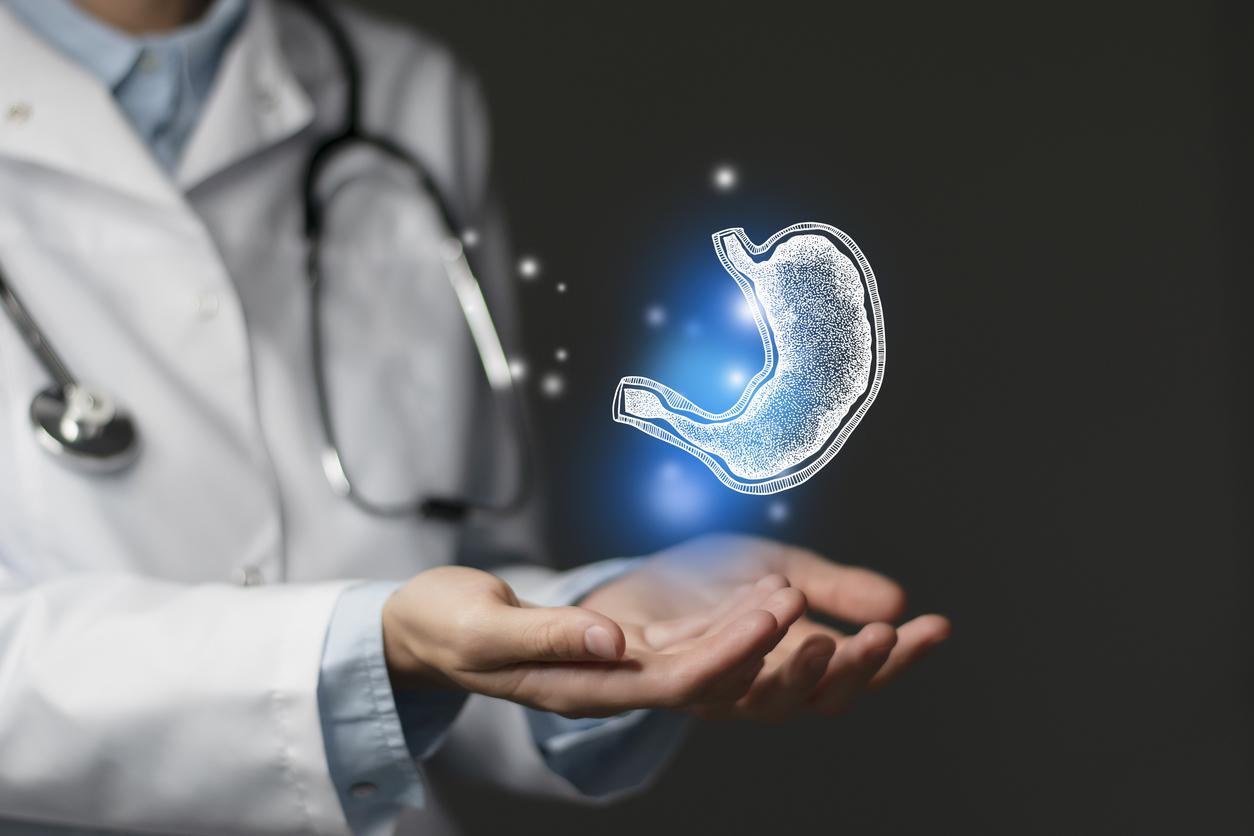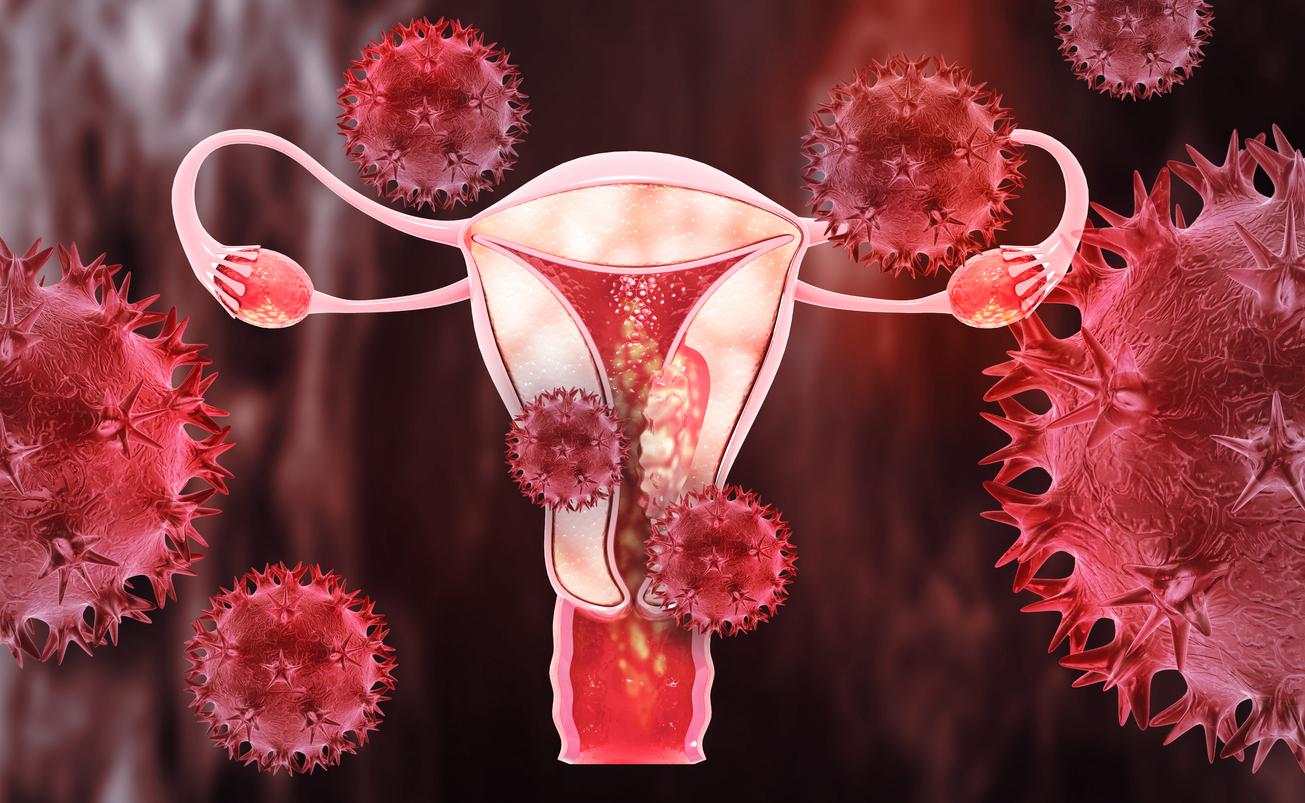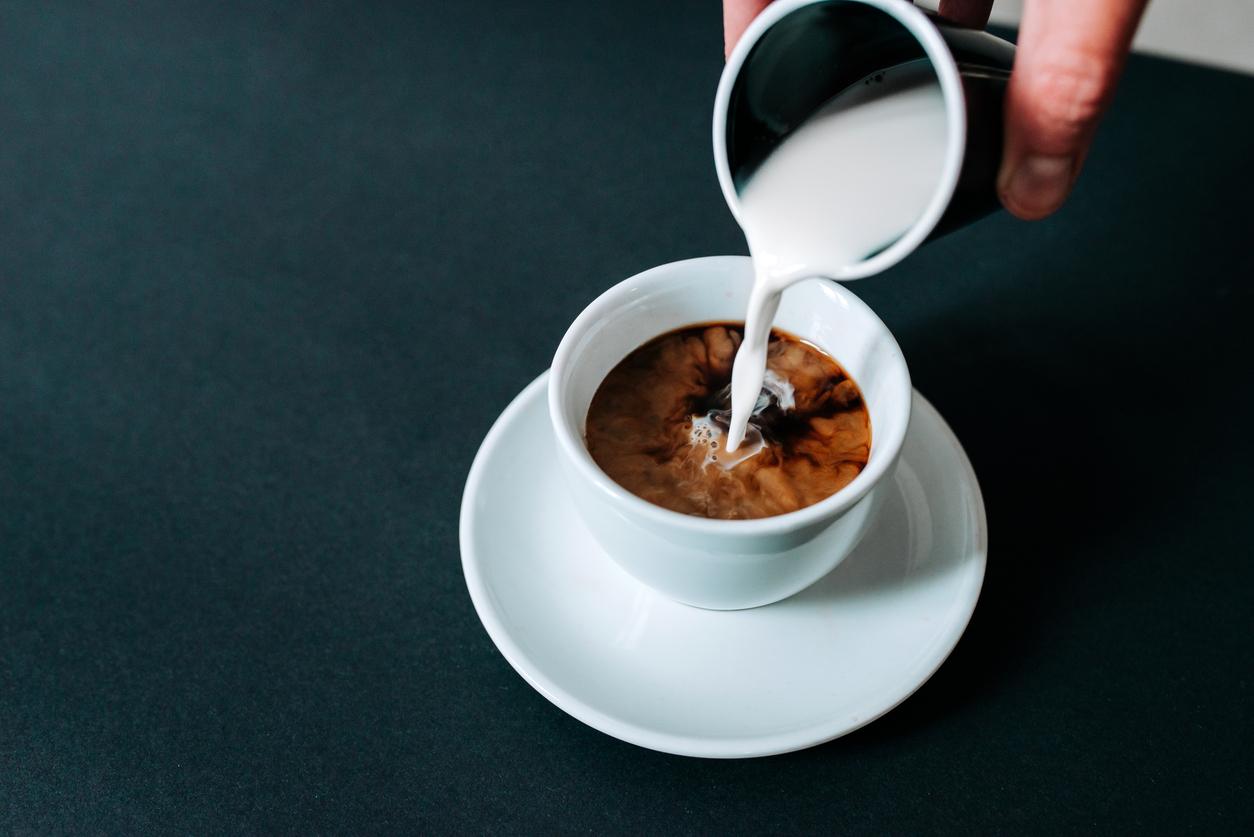Contrary to popular belief, stomach ulcers are rarely the result of stress. Doctors know that in 70 to 80% of cases, they are due to an infection caused by a bacterium with a strange name: Helicobacter pylori. This bacterium can also be responsible for stomach cancer.

- The most common cause of stomach ulcers is Helicobacter pylori bacteria.
- The infection caused by the bacteria can be treated with antibiotics.
The existence of this bacterium is no longer really a scoop, but it is true that the information is not always well delivered. In the 1980s, stomach ulcers were the nightmare of patients in great pain and even though the doctors knew how to relieve the acidity with drugs, they could not cure the disease which returned regularly, each time a little more seriously. The surgeons at the end of the chain had to remove stomachs injured during digestive hemorrhages.
A germ causing a stomach infection
Fortunately, 40 years later, we are far from this table. Meanwhile, two Australian doctors, Barry Marshall and Robin Warren, considered that the stomach was not attacked by its own acid secretions but by a microbe.
We knew that this microbe was present in many stomachs, without however knowing its role and also without knowing how to reproduce it. Important discoveries are often the result of chance and it was by forgetting samples in an incubator for six days instead of two that Barry Marshall discovered that there were thousands of bacteria.
Get rid of peptic ulcers… with antibiotics
It was then necessary to convince a reluctant medical opinion, especially since the Australians were two atypical characters and that a laboratory refused the verification of this discovery by the scientists, in order to continue the sale of its anti-ulcer drug. Faced with this skepticism, Marshall decided to play the role of guinea pig by swallowing a glass full of these famous microbes. Before and after verification by bailiffs, it was found that the stomach was damaged. We are in 1983.
The scientific community will not accept to admit its bad faith until years later. Patients will then be able to benefit from this brilliant discovery and its courageously demonstrated result: the possibility of completely getting rid of peptic ulcers thanks to a simple antibiotic treatment! Science is often less grateful than the general public and the two Australians will have to wait 20 years to be recognized, and this time unanimously.
Helicobacter pylori causes inflammation of the stomach wall
The causative microbe is called Helicobacter pylori because of its helical shape. It develops particularly well in an acid bath, hence its presence in the stomach.
He develops an infection there which causes an inflammation of the wall and then an ulceration. This infection is treated with a combination of two extremely effective antibiotics. A gastroprotective drug is added to increase efficiency. This is why there are few ulcers as serious as before and why gastrectomies are almost no longer performed. This is one of the most spectacular advances in medicine.
This infection is responsible for 70 to 80% of ulcers and leads to the development of stomach cancer in less than 1% of cases. This risk is increased when there is a family history of stomach cancer (father/mother, brother/sister, child).
Ulcers can also be caused by certain medications, such as non-steroidal anti-inflammatory drugs or aspirin. These products cause heartburn but also painless ulcers which are revealed by digestive bleeding. In France, there are 20,000 to 30,000 cases each year due to these types of drugs. This is why people at risk should always take them with gastroprotectors, even for very short treatments.
Finally, note that when you feel heartburn, or if you have belching or difficulty digesting, it is not an ulcer, as many fear, but gastroesophageal reflux disease. It’s usually not serious and your doctor will tell you some simple rules to make it go away. Otherwise, there are medications that can help you.
















